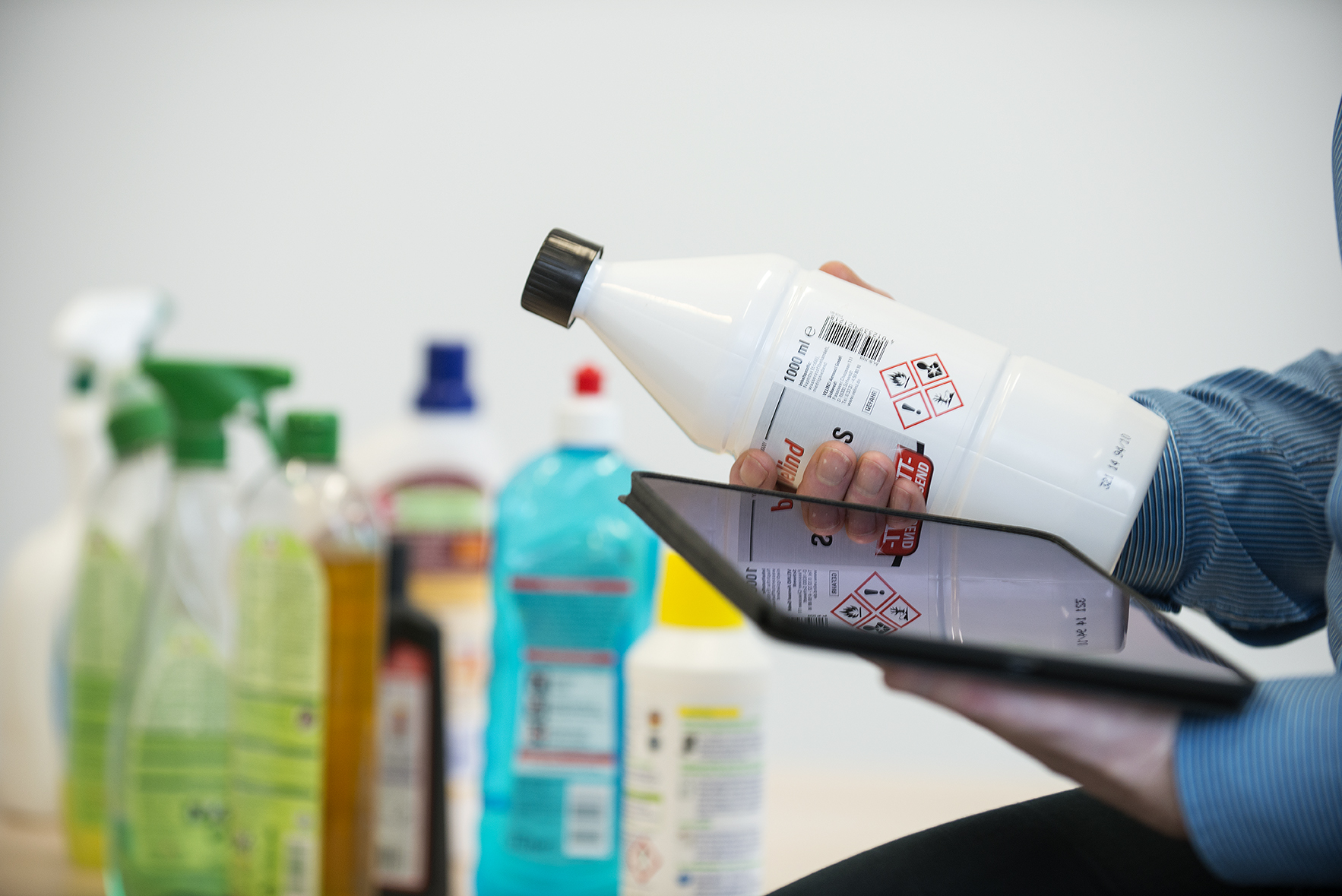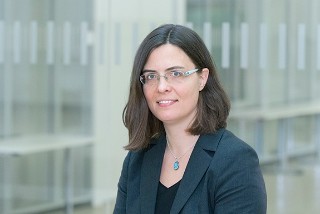Our focus is on toxicological and toxicokinetic studies in rodents and – in cooperation with other institutions – also in non-rodents, in addition to in-vitro studies, performed for risk assessment and registration. In compliance with international registration guidelines (OECD), these studies are performed under GLP conditions. We can furthermore support our clients by completing what has been demanded by the competent authorities for registration of chemicals, pesticides, and biocides and by preparing the necessary documentation.
Contact Press / Media
Dr. Sylvia Escher
Division Director of Safety Assessment and Toxicology & Head of Department of In-silico Toxicology
Phone +49 511 5350-330
 Fraunhofer Institute for Toxicology and Experimental Medicine
Fraunhofer Institute for Toxicology and Experimental Medicine
